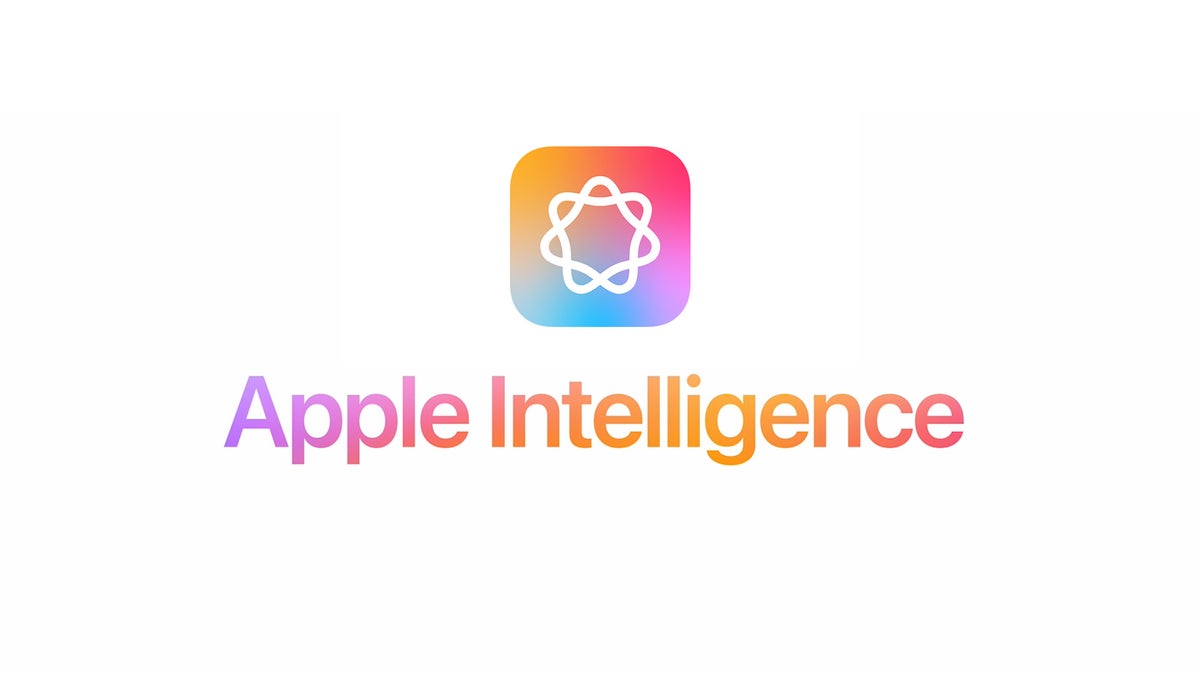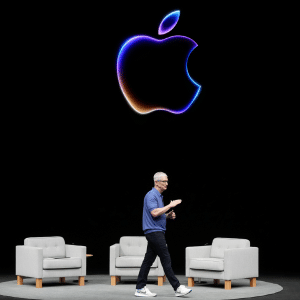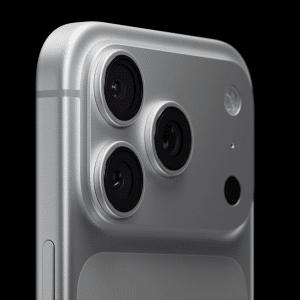Machine learning powers Apple’s progress in computer vision, enabling devices to interpret visual data with precision. The paper “Depth Pro: Sharp Monocular Metric Depth in Less Than a Second” introduces a technique to extract accurate depth information from a single image in real time. This breakthrough enhances augmented reality (AR) and photography, offering crisper portrait mode effects and immersive AR apps for gaming or navigation. Users will notice iPhones and iPads that better understand spatial environments, making photo editing or AR design apps feel seamless and intuitive.
Smarter Automation with Enhanced Decision-Making
Apple’s research leverages machine learning to improve sequential decision-making via large language models (LLMs). The paper “On the Modeling Capabilities of Large Language Models for Sequential Decision Making” shows how LLMs can train reinforcement learning agents efficiently, reducing reliance on human-designed systems. AppleInsider notes this could lead to a Siri that automates tasks like scheduling or app workflows with greater accuracy. For users, this means a proactive assistant that anticipates needs, such as prioritizing notifications or suggesting calendar tweaks, streamlining daily tasks effortlessly.
Reliable Reasoning for Trustworthy AI
Complex tasks require robust reasoning, and Apple’s machine learning efforts focus on minimizing errors in LLMs. By streamlining verification processes, as detailed in the ICLR papers, Apple reduces supervision while maintaining accuracy. This ensures dependable Apple Intelligence features, like accurate document summaries or precise query responses, sparing users the frustrations of incorrect AI outputs seen in some competing models. Enhanced reasoning makes AI tools more reliable for work and personal use, building user trust.
Privacy-Centric AI Innovations
Privacy is central to Apple’s machine learning strategy. Using Differential Privacy, which adds noise to data collection, Apple safeguards user information while training AI models. This approach powers features like Genmoji and Image Playground, letting users create custom emojis or edit images securely. Unlike cloud-based competitors, Apple’s on-device processing keeps data private, as noted in its machine learning blog. Users can enjoy advanced AI capabilities with confidence, knowing their personal information remains protected.
Why It Matters
Apple’s advancements in machine learning make Apple Intelligence a versatile, user-focused platform. Improved computer vision delivers faster photo processing and immersive AR, while enhanced decision-making enables intuitive automation and a conversational Siri. Reliable reasoning ensures accurate outputs, and privacy-centric innovations align with user values. Bloomberg and AppleInsider report these efforts will refine features like Genmoji and set the stage for future innovations, transforming how users interact with their devices daily.
The Road Ahead for Apple Intelligence
The ICLR papers signal a future where Apple Intelligence is smarter and more secure. While a Siri overhaul is rumored for iOS 19 in 2026, current research is already improving iOS 18.5 features, like Genmoji prompts and photo analysis, as seen in developer betas. Apple’s focus on scalability ensures these advancements integrate across its ecosystem. By balancing innovation with privacy, Apple crafts an AI platform that leads the industry, offering practical benefits like streamlined workflows and reliable AI interactions.
Staying Ahead of the Curve
Apple’s research gives it a competitive edge. Its on-device processing minimizes latency and maximizes privacy, outperforming cloud-based AI models. The Depth Pro model, for instance, sets a high standard in speed and accuracy, per ICLR findings. This ensures Apple Intelligence appeals to users valuing performance and security, positioning Apple devices as intelligent partners in daily life.















